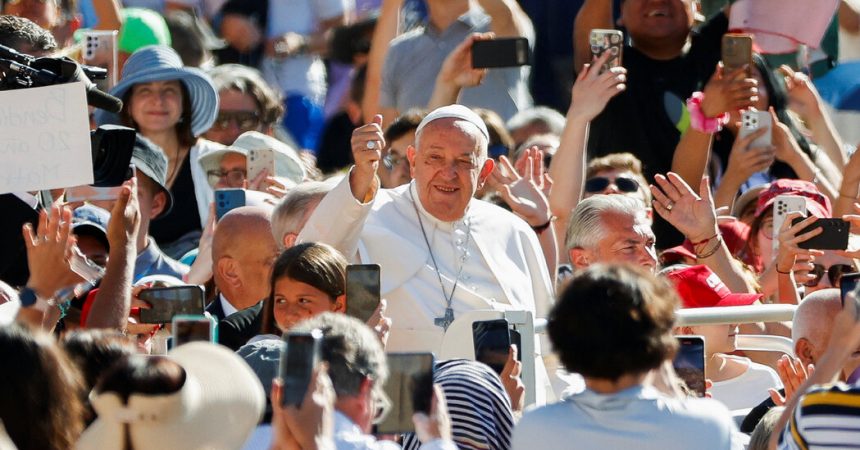In 2020, the Pontifical Academy for Life, a research institute whose members are selected by the pope, issued a document, the “Rome Call for A.I. Ethics,” that laid out principles for the development and use of the technology. Top players in the field of A.I., including leaders at Microsoft, I.B.M. and Cisco, have signed the document.
Francis himself addressed the subject in a message on New Year’s Day, calling for a global treaty to ensure that A.I. systems preserved space for human mercy, compassion and forgiveness, rather than be plunged into a reality operated by inscrutable algorithms. He said it was vital to understand what effect these technologies will have on individual lives and on societies, on international stability and on peace.
The Rev. Paolo Benanti, who serves as an A.I. ethicist to both the Vatican and the Italian government, said that the pope’s attendance at the G7 meeting emphasized his willingness to engage with pivotal global issues.
“The pope shows that he has these antennae,” Father Benanti told reporters this past week, citing Francis’ other major concerns, such as migration and climate change, adding, “He perceives where the world goes.”
In the seaside town of Savelletri, where the G7 summit is taking place in a luxury tourist resort, residents had high hopes for the pope’s visit. Although tight security protocols mean that locals are unlikely to see Francis in person, many were keeping their fingers crossed for some payoff, however small.
“At least a blessing,” said one 68-year-old resident, Laura Mancini. “He must give that to us.”







